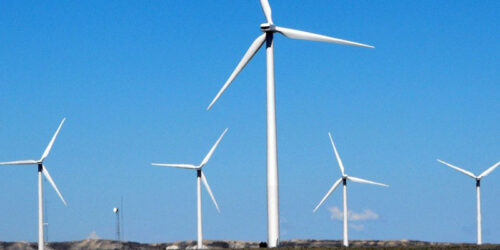The global agreement reached at the United Nations’ COP26 summit in Glasgow last weekend may help solve one of the trickiest problems in climate policy: how to boost confidence in the voluntary market for carbon credits.
Such credits, or offsets, allow companies to pollute at home in exchange for investing in greener projects elsewhere. Voluntary markets are currently something of a Wild West, with no unified standards or governance — and experts say at least some of the credits they generate do little or nothing to curb climate change.
The voluntary market is really booming, but at the same time you have this integrity problem,” said Lambert Schneider, research coordinator on international carbon policy at the Oeko-Institut think tank in Germany. Although the COP26 agreement doesn’t directly affect voluntary markets, its rules may “spill over into the system, setting the bar higher.
In Glasgow, after a six-year deadlock, negotiators agreed rules on international emissions trading and established a UN-controlled marketplace. The new offset program will run in parallel to the existing voluntary markets.
Demand for offsets is soaring. More credits were traded in the first eight months of this year than in all of 2020, according to BloombergNEF, as companies and governments spend billions of dollars to meet net-zero emissions targets and burnish their green credentials.
The offset market could be worth $100 billion by the end of the decade, up from about $300 million in 2018, according to projections by Mark Carney, a former Bank of England governor, and Bill Winters, the chief executive of Standard Chartered Plc. The two financial veterans last year created a task force including hundreds of business leaders, bankers, scientists and others to set up unified rules for voluntary markets.
But there are concerns. With little oversight in voluntary markets, there is room for abuse. Low-quality offsets, or emissions reductions counted twice, do little for the planet — and can even hinder the fight against climate change.
The voluntary carbon market has a quality problem on the supply side,” said Schneider, who is also a co-chair of the expert panel on the task force. “There are some good projects, but there are also some projects that do not deliver actual emissions reductions.” He said there should also be “more transparency” surrounding demand for offsets







